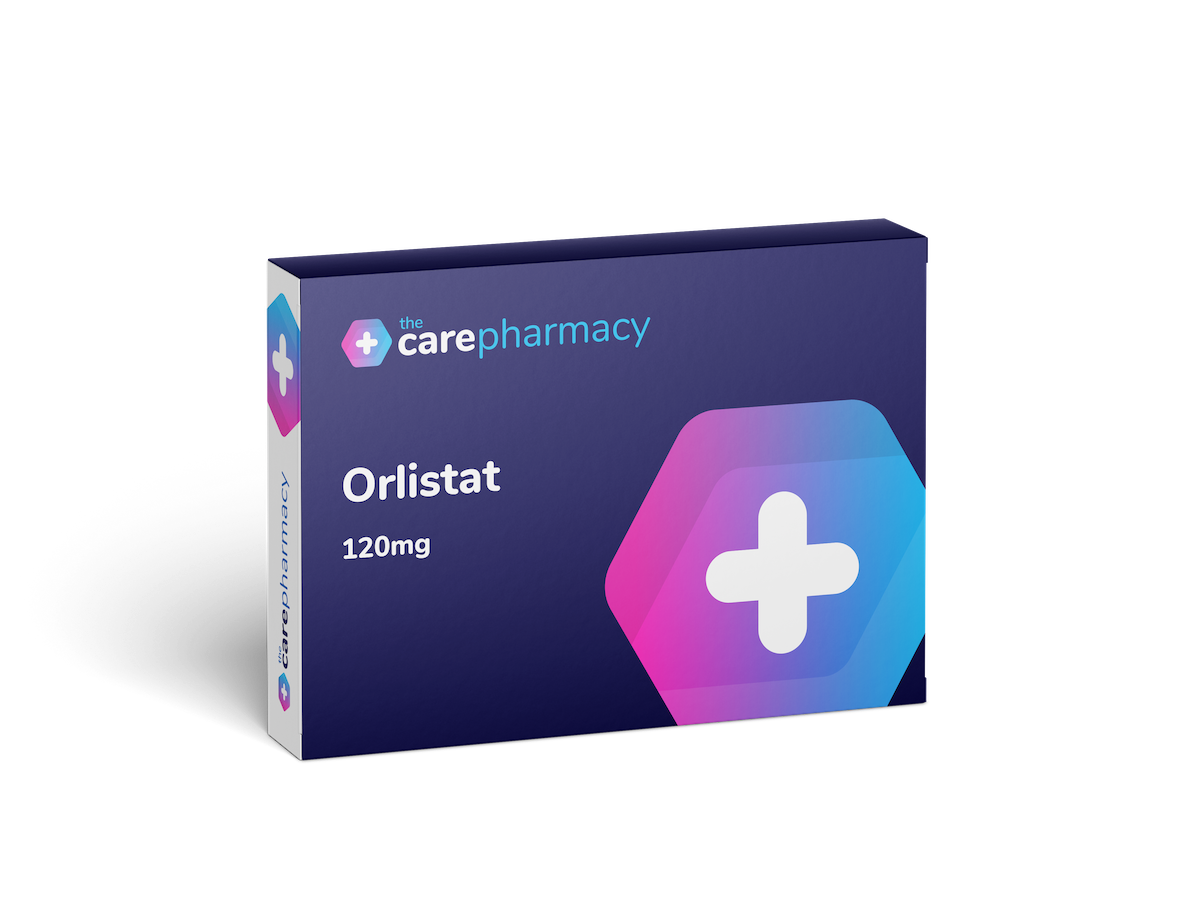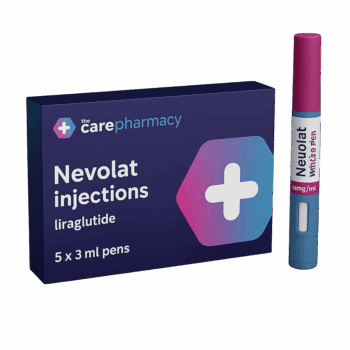Orlistat is a medication designed to support weight management alongside a reduced-calorie diet. It works by limiting the absorption of some dietary fats, which may help reduce overall calorie intake. This action can assist individuals aiming to achieve or maintain a healthier weight when combined with regular exercise and a balanced diet. This treatment may suit adults who are overweight or obese and have found it challenging to lose weight. through diet and exercise alone..
It is important to approach weight management as a gradual process, focusing on sustainable lifestyle changes rather than quick fixes. Using Orlistat requires commitment to a low-fat diet to minimise potential side effects. It is not suitable for everyone, including those with certain medical conditions or who take specific medications. Consulting a healthcare professional before starting is essential to ensure it fits your individual health needs. While Orlistat can be a helpful tool, it should form part of a broader health plan.
Prioritising balanced nutrition and physical activity remains key to long-term success. Always follow professional advice and report any unusual symptoms promptly. In summary, Orlistat may offer support for weight control when used responsibly. Combining it with healthy lifestyle choices can promote better wellbeing. Remember to seek guidance from a prescriber to determine if this option is right for you.
If you are considering treatment, pair it with balanced nutrition, regular activity, and good sleep. A healthcare professional can help you decide if it suits your needs and how to use it safely.











Anon –
Excellent